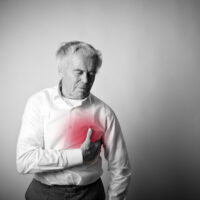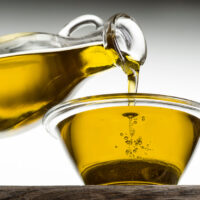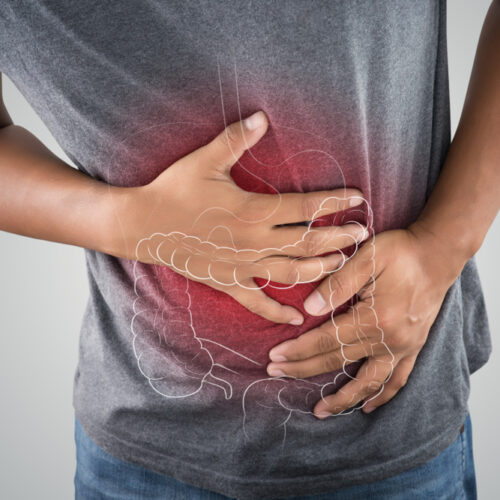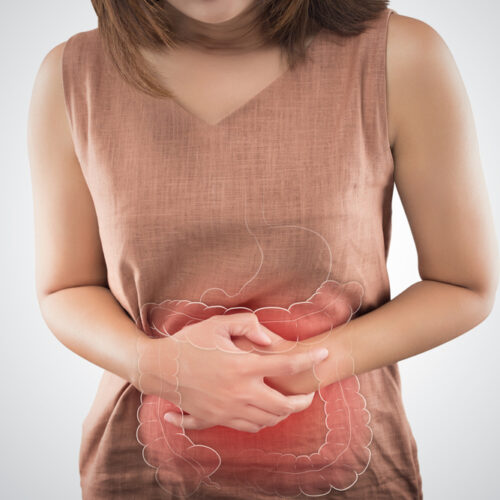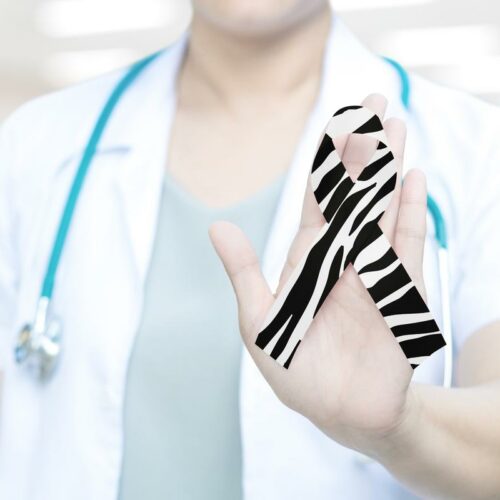Foods that help treat low blood pressure
High blood pressure can be harmful to live with. Therefore, people wish to lower high blood pressure and include low fats in their diet. Once we become used to eating one kind of food, it is hard to change the habit. But it is necessary to swap our diet to increase blood pressure over time so that balance is maintained.
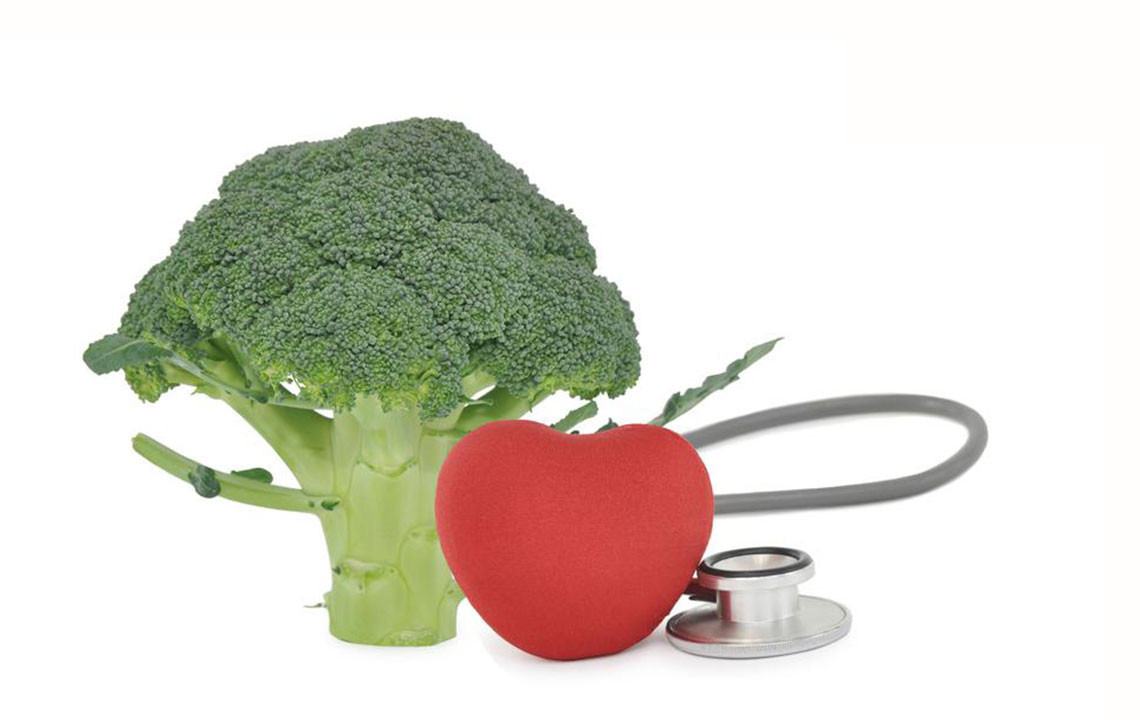
Certain foods must be avoided when you have high blood pressure, but, not consuming them at all to lower high blood pressure can adversely affect the body. Hence, those foods must be consumed in small amounts. Some of the food items that help treat low blood pressure are:
- Fatty foods : Foods rich in fats contribute towards increasing blood pressure levels. Vegetarians were shown to have a diet that included less fat and hence, they mostly suffered from low blood pressure. The vegetables contain fibers and polyunsaturated fats, which lower high blood pressure. Hence, fatty foods must be consumed to maintain blood pressure levels.
- Processed foods : These are usually avoided to lower high blood pressure as they contain a high amount of salt as a preservative or for taste. But in case your blood pressure levels are low, then they can be consumed in small amounts without any worries.
- Coffee : When the blood pressure levels go extremely low, the caffeine in the coffee helps increase blood pressure.
- Whole milk : Whole milk is a high source of fats and nutrition, which are important for people with low blood pressure. A cup of whole milk has enough fats to bring the blood pressure to the required levels.
- Sugar : Usually, sugar is avoided when you have to lower high blood pressure, but in case of low blood pressure levels in the body, sugar is a must-have. Most of the sugar eaten is under the guise of high fructose corn syrup in processed foods, which helps improve blood pressure levels.
Thus, by following the above tips, you can cure low blood pressure issues without going for any medications.
Disclaimer:
The content of the articles discussing symptoms, treatments, health conditions, and side effects is solely intended for informational purposes. It is imperative that readers do not interpret the information provided on the website as professional advice. Readers are requested to use their discretion and refrain from treating the suggestions or opinions provided by the writers and editors as medical advice. It is important to seek the help of licensed and expert healthcare professionals when necessary.

